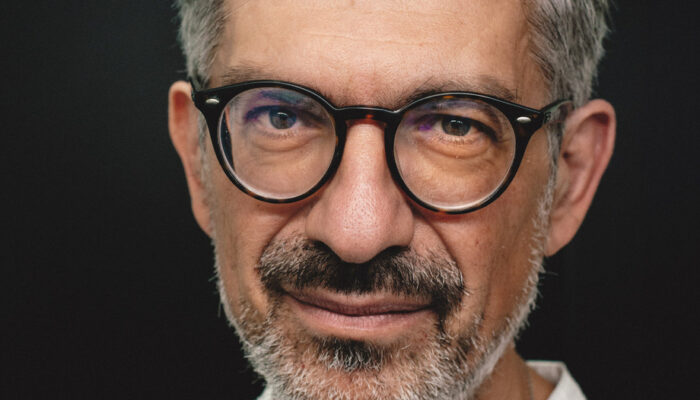The law on euthanasia has recently been definitively approved in Spain. Unfortunately, the solution has been sought to avoid suffering, provoking the death of those who suffer. It is dramatic that in Spain there are 60,000 people every year who die with suffering, which could be remedied with an adequate palliative care policy.
In the Fratelli tutti Pope Francis insists once again that politics must not submit to the economy and the economy must not submit to the dictates and the paradigm of the "political" and "economic" paradigms. of technocratic efficiency. A new politics is needed, capable of renewing institutions, overcoming pressures that place economic profit before the dignity of the human person. This cannot be asked of the economy, nor can it be accepted that it should assume the real power of the State.
The Magisterium of the Church reminds us that "political greatness is shown when, in difficult times, we act according to great principles and with the long-term common good in mind" (FT 178).
World society has serious structural flaws that cannot be solved with patches or quick fixes. There are things that must be radically changed with major transformations. An economy integrated into a political, social and cultural project that seeks the common good can open new paths of social and political transformation.
Recognizing every human being as a brother or sister and seeking a social friendship that integrates everyone, including the weakest, are not mere utopias. They require determination and the ability to find effective ways to make them truly possible. Any commitment along these lines becomes a supreme exercise of charity. For an individual can help a person in need, but when he joins with others to generate social processes of fraternity and justice for all, he enters "the field of the broadest charity, political charity" (FT 180). It is a matter of moving towards a social and political order whose soul is social charity. Once again, the Church invites the laity to develop their own vocation, to rehabilitate politics, which "is a very high vocation, it is one of the most precious forms of charity, because it seeks the common good" (FT 180).
All the commitments that flow from the Social Doctrine of the Church come from charity which, according to the teaching of Jesus, is the synthesis of the whole Law. This implies recognizing that love is also civil and political, and is manifested in all actions that seek to build a better world. For this reason, love is expressed not only in intimate and close relationships, but also in "macro-relationships, such as social, economic and political relationships" (FT 181).
This political charity presupposes having developed a social sense that overcomes any individualistic mentality: social charity makes us love the common good and leads us to effectively seek the good of all people, considered not only individually, but also in the social dimension that unites them. Each person is fully a person when he or she belongs to a people, and at the same time there is no true people without respect for the face of each person.








